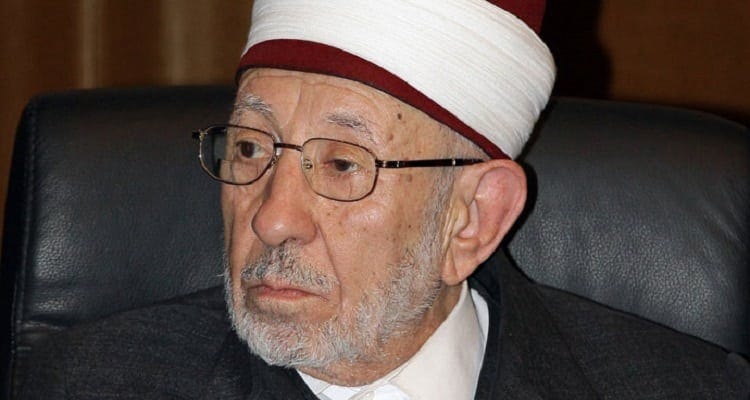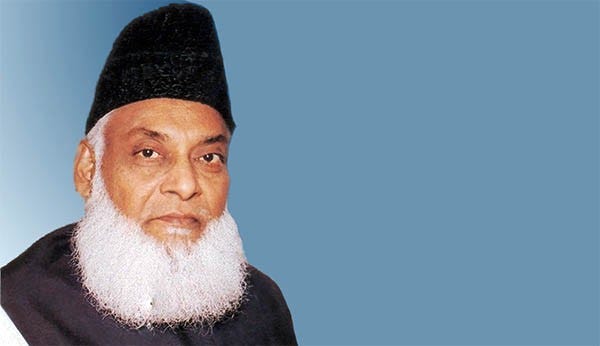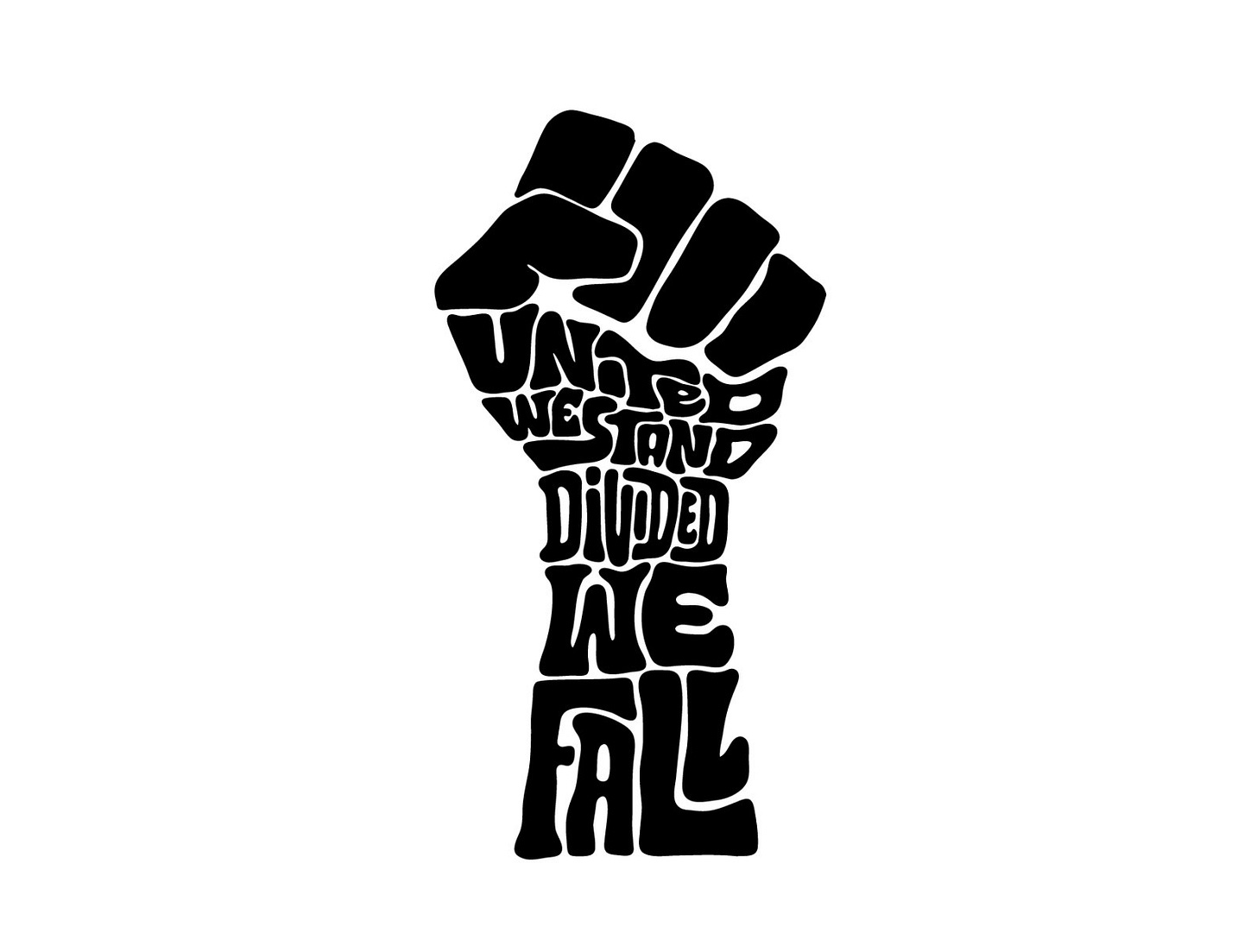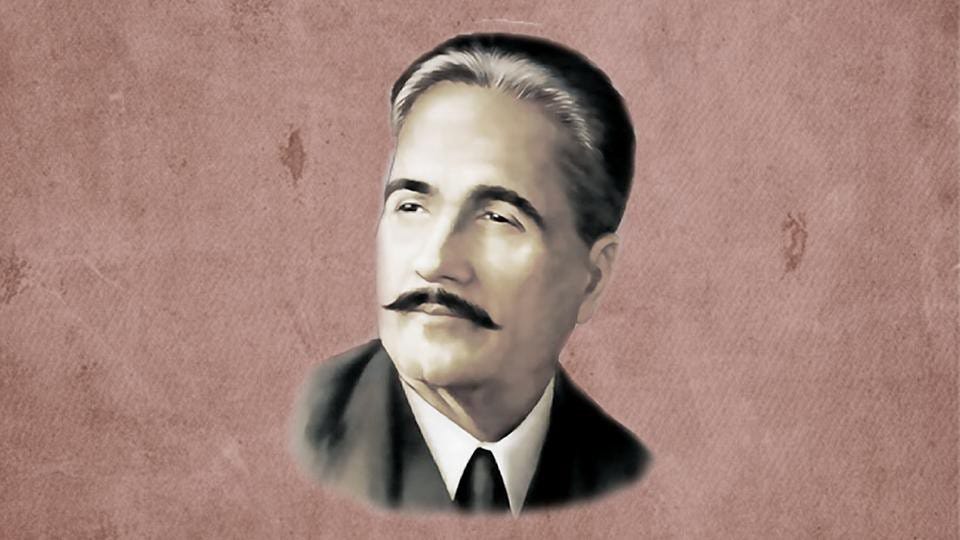The Critical Importance of Unity as the Foundation for Reviving the Ummah
One of the things I am passionate about is revival. This is why my vision is of a world experiencing a Second Golden Age of Islam, where Muslims are leading the way in intellect, innovation and impact.
What are the core components required, however?
It’s a long conversation and one for another day, perhaps.
But we can certainly get clear on some basic fundamentals. Let me give you some examples of what some of our most esteemed luminaries have said (I will paraphrase) on the subject of revival.
Shaykh Ramadan al Bouti when talking about reviving the Ummah, said the first thing you need is a desire to actually revive it instead of being happy with the status quo. And second of all, you need unity. But as ego is the very thing that attacks the heart of being united, it means we’re more interested in winning the small battle rather than working together and winning the war. That is why we’re in the doldrums.
Dr Israr Ahmed, a Pakistani scholar also known for his talk of reviving the Ummah said constantly that we need to eradicate the nationalistic divisions, pool our resources and work together for a cause that transcends all of these differences. This was a key part of his effort, along with returning back to the Qu’ran.
Even today, in the modern day, the respected Shaykh Haitham al-Haddad said the Ummah would transform and revive if it had two things — unity and leadership.
Ibn Khaldun’s ‘Asabiyyah’ concept (social cohesion) is directly linked to the rise and strength of civilisations by emphasising on unity and a shared purpose which plays a central role in binding together tribes not related by blood. This leads to tight knit groups that are impregnable to outside influence. Islam’s concept of brotherhood is essentially a macro version of this.
Unity, you can see is a central pillar and key to everything. United we stand, divided we fall and all that.
It’s not a coincidence. It is a core component and little to no progress can be made on the big picture without this being insisted upon.
An example of this is Israel. You don’t hear of divisions or sectarianism internally even though there are many sects. They are outnumbered. But you see they have this one huge cause of Israel that unites them all — and it creates a siege mentality. It’s powerful and it has worked.
The word ummah itself (meaning community) stems from the word umm, which means mother, source, but can also mean purpose, destination, and quest. The Ummah needs an overall purpose to exist for. An ummah that does not have an overall direction for itself that it is striving for is not an ummah at all. If it is no longer dynamic, it is defunct. So what part are we playing in this?
Allama Iqbal said after the fall of the Caliphate:
“Greed has torn apart humankind. You (Muslims), become role models of love and brotherhood. Get beyond the narrow boundaries of nationalities (like Indian, Khurasani, Afghani, and Turkish) and jump into the limitless ocean (of Islam).”
Now we have different labels but the idea remains. Red pillers and feminists. Vegans and carnivores. Capitalists and socialists. Left wing liberals, right wing conservatives. So now it’s not just religion, race, nationality or caste. Now we have these self-identifying labels, putting us with the most micro-niche of groups by ideology or image. The doctrine of individualism at its finest. And as a result, the world has never been as polarised as it is today.
One of the wisdoms of Islam is that it is a universal religion that caters for the diversity of man. This is why there are multiple accepted schools of thought, and multiple sects within the main body, al Sunnah wal Jamah. There are untouchable pillars and fundamentals, and then there are acceptable differences of opinion. You will never have all of humanity agreeing on any one thing. Diversity is in our nature. Allah created us in separate tribes, after all. That’s the vastness of Islam. So it complements that aspect of humanity. Some people are stricter, some are less so. Some of drawn towards law, some towards spirit. What Islam promotes is unity not uniformity. You don’t have to be the same. In fact some uniqueness is good. A British Muslim may dress differently to a Nigerian Muslim who may act differently to a Chinese Muslim. We can keep our customs that do not contradict with Islam. The principles of piety to Islam are what bind their hearts as one. Allama Iqbal wrote:
“Division of nations is the policy of the West. Islam desires the unity of man.”
He also said:
“These divisions are the branches of a tree; its fruit is prejudice. This is the fruit which gets Adam (man) expelled from Jannah (peaceful life).”
As such, this is where ego and emotions need to be put in check. If you don’t like what someone has said or you disagree with their opinion, have this at the back of your mind: “Is what I’m about to say for or against unity and brotherhood?” If it’s against, but you decide to say it anyway — then don’t be of those that complain about the state of the Ummah.
Iqbal says:
“What is the benefit if you claim with your tongue in oneness of God? You have made your emotion an idol and taken it as your God.”
In an increasingly divided world lacking hope, lacking peace, and lacking spirituality, I feel we need to relearn the meaning of love more than ever.
“Love is the cause of unity in all things. Find the good. Seek the unity. Ignore the divisions amongst us. — Aristotle
We have sadly lost a lot of this brotherly love. Husn al dhan, making 70 excuses for your brother — these are all things that exist for a reason, and cultivate this bond.
“Love is the most precious, most valuable, most expensive thing that the sons of Adam have been given.” — Shaykh Nazim Haqqani
This doesn’t mean we shouldn’t enjoin the good and forbid the evil, ‘for the sake of unity’. This is also an important principle. But we need to be able to recognise what is evil and false from what is merely different. The rise of laypeople influencers, not as versed in spiritual nuance perhaps doesn’t help here.
To end, who else but Iqbal, who I’ve quoted throughout. For him, revival was possible via unity and a return to the Quran. The Quran is absolutely central and I’ll write something on this in the future, insha’allah.
“There is one common gain and one common loss for all Muslims. One Prophet (PBUH) for all and one Iman for all. One Ka’aba, one Allah and one Qur’an for all. How great it would be if Muslims also were one!”
Indeed.






